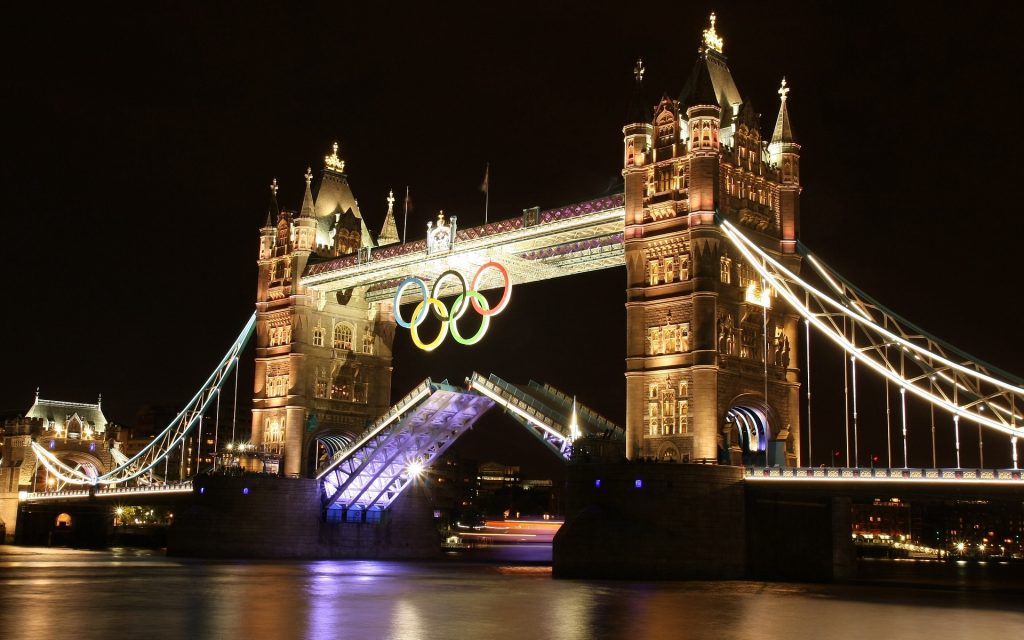 Subscribers Only
People
Subscribers Only
People 
I was one of the lucky ones to get a ticket to see some athletics in the Olympic Stadium. It was a fantastic evening of entertainment but what impressed me as much as superhuman efforts of the medal winners, and all the other athletes, was the way the whole thing worked like clockwork. David Cameron is reported to have summed up the games with the words “Britaindelivered”, and I know what he means, but I suspect I may take away a different lesson from his. Prior to the games we were all wound up with dire warnings of chaos at airports, gridlocked roads, and overcrowded trains and tubes. We were led to believe that our security required guided missiles being stationed on residential apartment blocks, and the inefficiency of G4S required the combined efforts of the army and police to overcome.
I looked at my tickets before the trip to London with some feelings of trepidation. But I needn’t have worried! The trains were all on time, and not as crowded as they usually are – there were friendly volunteers, “games-makers”, available wherever you were in London (station, Olympic site, or just at a street corner in the city centre) to help make the trip hassle free. The Olympic site itself is clearly a triumph, judging by the pictures of what it used to look like. The atmosphere everywhere was friendly, the security check thorough but quickly completed with no queuing, and even the range and quality of food available inside the Olympic Park was better than that available at many mass events.
I’ve no doubt people living and working in London were inconvenienced by the “greatest show on earth” but there is no doubt that Britain did deliver an efficient and enjoyable games.
I began to wonder why, if the trains could run on time for the Olympics, they couldn’t do that all the time. I began to wonder why the delays and queues at Heathrow couldn’t be overcome everyday. I began to wonder why the massive building programmes to complete the venues came to be delivered on time and on budget when so much else that we try to build doesn’t turn out this way? And I began to wonder how we had turned 2 gold medals in 1992 into 29 in 2012. The answer, of course, to all these questions, is that we put the investment in – we, the public provided enough money to do all these things, and to do them properly. The money came from a variety of sources, but we paid for it all! Some of it through the National Lottery, some directly through our taxes from the government, some slightly more indirectly through our consumer spending leading to commercial sponsorship, and, some, of course, through our buying of tickets. So the big lesson for me is that if adequate funding is invested then it is possible to get results. We clearly have the organisational and management skills, and all the trades necessary to build things, deliver services and make them work.
Why don’t we try applying this approach to all the things that don’t quite work as well as they could in Britain at the moment – unemployment, housing, social care, schools, the health service, the environment, transport and communications to name but a few, … as well as sport.
Bob Chapman


